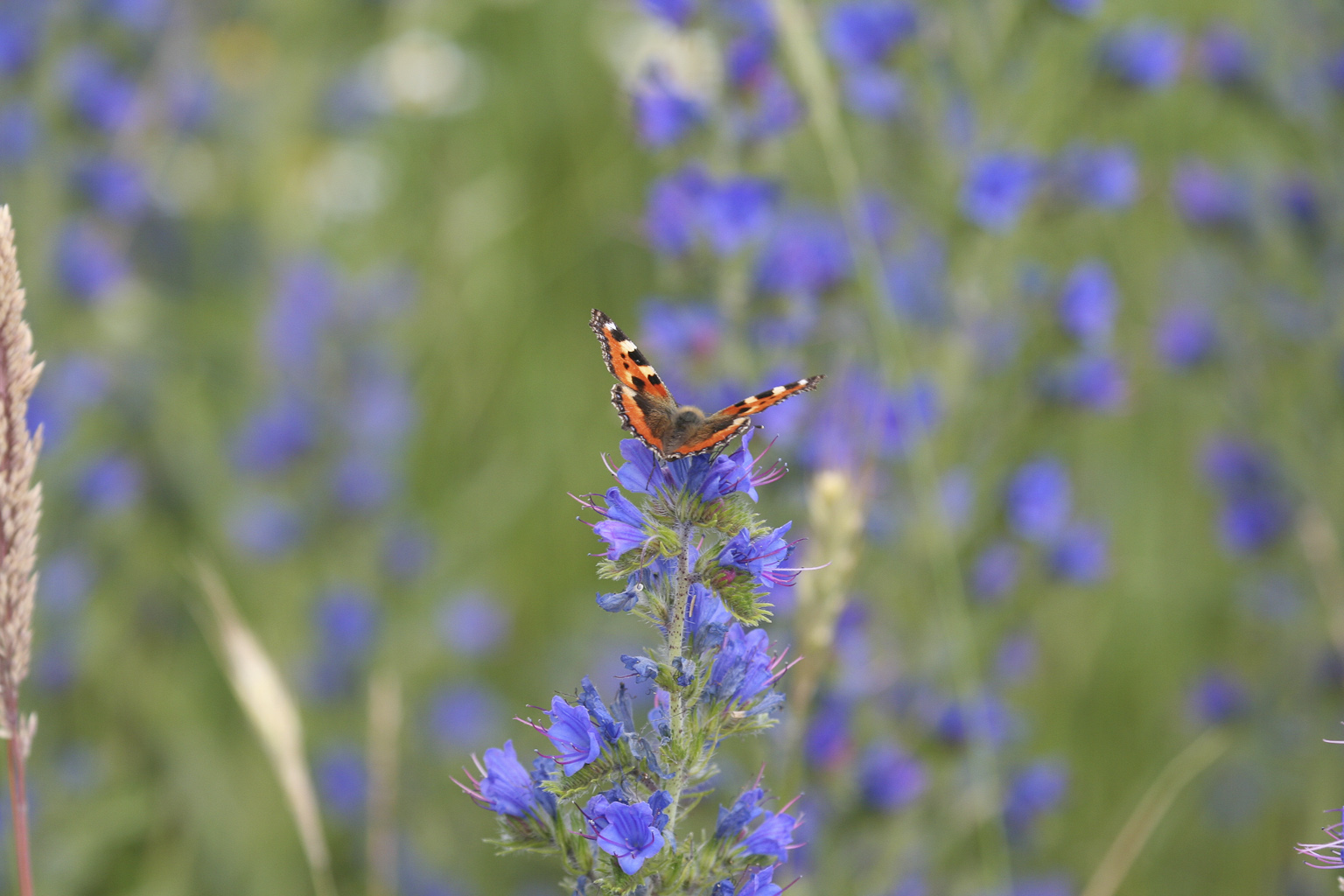Single News
Is insect die-off also connected with mobile phone radiation?
As 5G is rolled out, a study shows that electromagnetic fields could have a negative effect on insect decline. The environmental authorities should take heed, the Nature And Biodiversity Conservation Union in Germany demands.
STUTTGART (NNA) – In addition to pesticides and habitat loss, mobile phone radiation could be another factor in the decline of insects. This is the result of a new metastudy on the “Biological effects of electromagnetic fields on insects” caused by high voltage lines, mobile communications and WiFi, which has now been published by the Nature And Biodiversity Conservation Union in the German state of Baden-Württemberg (NABU Baden-Württemberg).
The analysis is based on 190 scientific publications and was prepared by the biologist and environmental scientist Alain Thill on behalf of the environmental and consumer organisations diagnose:funk, NABU Baden-Württemberg and the Luxembourg environmental organisation AKUT.
The author of the metastudy reviewed 190 scientific publications dealing with insects and electromagnetic fields. His conclusion: in addition to pesticides and habitat loss, mobile phone radiation also has negative effects on insects and is therefore likely to be a further factor in weakening the insect world.
In particular, mobile phone and WiFi radiation made the calcium channels of the cells open so that greater numbers of calcium ions flowed in. Calcium was an important messenger substance that triggered a biochemical chain reaction leading to oxidative cell stress in insects. As a result, their sense of orientation was reduced and reproductive ability decreased. In addition, the insects’ day-night rhythm was disturbed and the immune system falsely activated, the study found.
Underestimated effect
„The present study shows that the effect of mobile phone radiation on the environment is often underestimated,“ emphasised NABU regional chairman Johannes Enssle. Much was already known in science about the negative effects of mobile phone and WiFi radiation on cells. However, Enssle notes that this has hardly been debated in public so far. “The topic is uncomfortable for many of us as it deeply interferes with our everyday habits and of course there are powerful economic interests behind mobile communications technology.”
NABU Baden-Württemberg has called on the environmental authorities in Germany to draw conclusions from the results of the study and to protect the insects’ habitats from mobile phone radiation. Instead of the increasing electromagnetic overload of our environment, the already existing radiation exposure had to be reduced across the board to protect humans and animals.
Examples from Switzerland and Norway showed that this was possible, NABU writes in its press release. In those places, despite good network coverage, a considerably lower radiation exposure of the environment was achieved. In contrast, the effects of electric, magnetic and electromagnetic fields on flora and fauna have so far been negated or played down in Germany.
END/nna/ung
Item: 201106-05EN Date: 6. November 2020
Copyright 2020 Nexus News Agency. All rights reserved.

